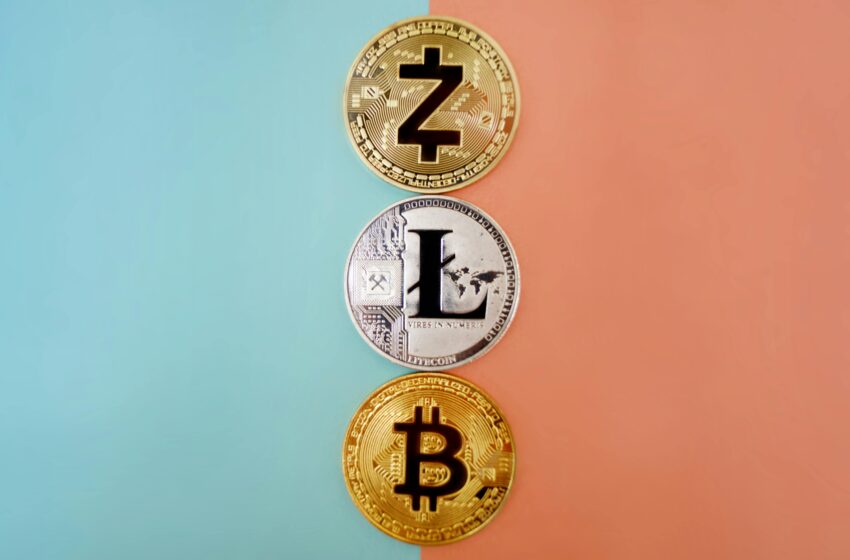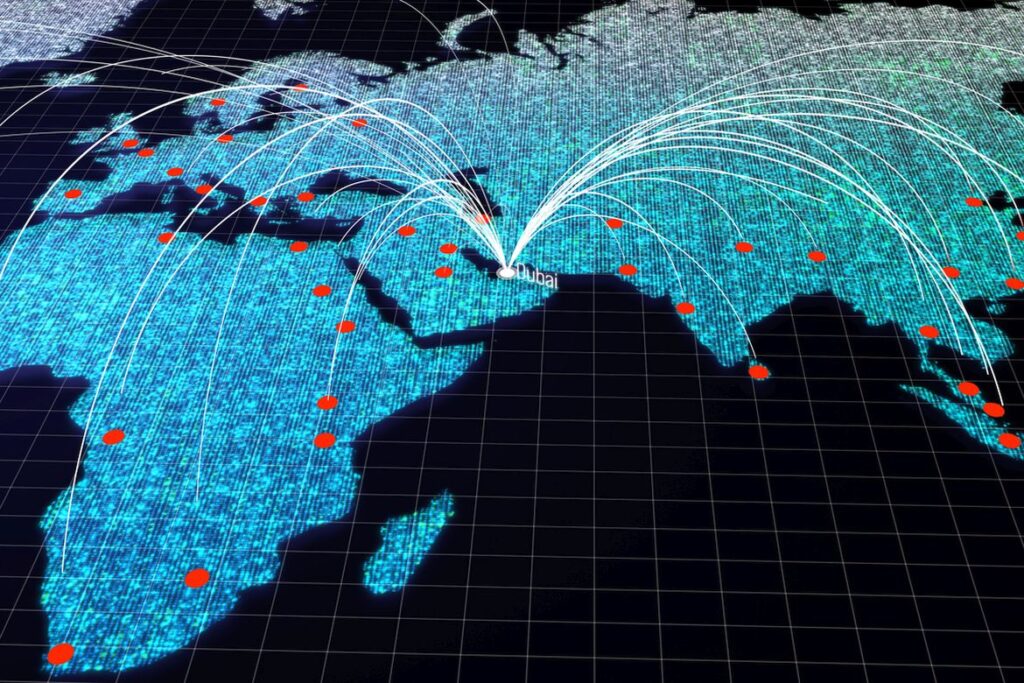
globalbizmag.com
Crypto Users to Grow to 700,000 by end of 2024
Crypto adoption rate has been growing in the Middle East, as was evident with the daily crypto trading in the region witnessed a 166% increase in February this year, Bitget Research, the research arm of the world’s crypto exchange and Web3 company Bitget, said in its latest report.
In February 2023, six countries in the Middle East saw 300,000 daily active users on centralised crypto exchanges. But in the same month a year later, there were over 500,000. Their numbers are expected to reach 700,000 by end of 2024.
Bitget Research has attributed much of this growth to favourable local crypto regulations in the Middle East, the approval of Bitcoin ETFs, and the increasing attractiveness of digital assets amid a market upturn.
The UAE emerged as the region with the highest cryptocurrency adoption rate in the region, with 72% of local users investing in Bitcoin. Some 29% of the UAE-based users surveyed believed that digital assets offer a more convenient way of holding assets. While, 34% of users are cryptocurrency traders, 22% use them for daily payments.
In terms of regulatory environment, the UAE has the most crypto-friendly policies, while other Middle Eastern countries are gradually refining their policies, shifting from initial bans to compliance.
The UAE will become the central hub for cryptocurrency talent, capital, and enterprises in the Middle East while increasing its global crypto influence, the research said.
In the meantime, most other countries continue to improve their cryptocurrency regulations, moving from outright bans to a more compliant approach to stream new investments, projects, and users to their jurisdictions.
Bitget Managing Director Gracy Chen said that they were excited about the potential of the Middle East market and anticipate continued growth in both users and market size.
“The UAE, in particular, holds significant importance as a base within the region. It has emerged as a hub for cryptocurrency talents, funds, and enterprises, while also steadily gaining global influence in the crypto space. We look forward to contributing to and witnessing the further development of this dynamic market,” she added

Future of Crypto
The research revealed that Middle Eastern countries were heavily reliant on global-level centralised exchanges. And it has attributed such lacklustre values to the lower variety and liquidity of tradable assets on local exchanges compared to global exchanges, as well as the convenience of local currency deposit and withdrawal channels available on most global competing platforms.
Decentralised exchanges are also among the go-to venues for users across the Middle East. The primary platforms for P2P trading are based on blockchains like Solana, BSC, and Ethereum, and include DEXs such as Uniswap, Pancakeswap, Raydium, and others.
The adoption of various on-chain applications among the users in the Middle Eastern will significantly increase, with ‘airdrop’ and ‘on-chain mining’ likely becoming hot social media topics and interest in the DePin segment continuing to grow.















